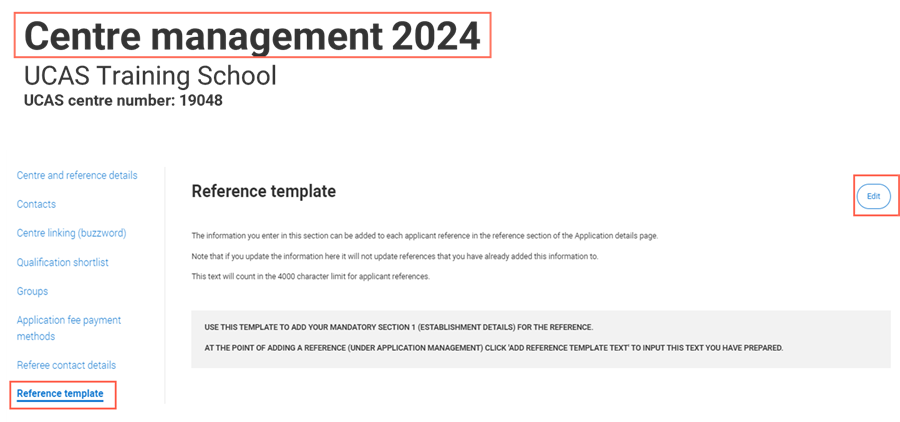It is likely many students will not have extenuating circumstances and, therefore, please confirm this section is not applicable by ticking the box.
Applicants will not be disadvantaged if there is no information to share. As has always been the case, information about personal circumstances is only ever used to help universities and colleges better understand an individual's contexts and support needs – it is never used to decide whether to make the student an offer.
If there are complex or sensitive circumstances (particularly if this relates to safeguarding considerations), it may be appropriate to highlight there are extenuating circumstances in this section without providing detailed specifics.
Please note information must only be provided in section 2 with the applicant’s consent.
Include relevant information that contextualises the educational journey – this should be concise and reflect the breadth and depth of impact the circumstance had on the individual. This could include:
- individual circumstances – e.g. mature student, disability, serious, acute or chronic illness, bereavement, significant adverse personal or family circumstances (with applicant consent)
- context as to why there is a disparity between an individual’s grades achieved throughout the school or college (e.g. at GCSE/Scottish National 4/5 equivalent and predicted grades, where applicable)
- factors which have limited the individual’s choice of subjects or load of study at UK Level 3 or equivalent (factors which have affected the whole centre rather than the individual should be included in section 1)
- support the school, college or centre has had to put in place to ensure the student’s inclusion. Please highlight any access needs or accommodations that may be needed to support the admissions process (e.g. at interview or with assessment testing)
The ‘More about you’ section of the application empowers applicants to share key information, such as a disability (including a long-term illness, learning difference or mental health condition). Students (with a UK address) can also share if they have some specific individual circumstances (e.g. caring responsibilities).
If you’re able to comment on the specific impact of those circumstances (and if the student is happy for you to do so), please include in this section. If you're unable to comment, please signpost the student to our individual needs advice – we worked with expert organisations to bring together practical tips and useful resources for supporting students.
If you’re unable to comment on any of the circumstances a student shares in this section, it will not disadvantage them or prevent them accessing support. The student may appreciate the opportunity to discuss support for their circumstances with you – if you're unsure how to approach conversations like this, we've developed some student support toolkits to help you.
You must be clear whether any of the circumstances outlined in section 2 have already been considered by the student’s examination boards or awarding organisations for the qualifications taken.
The reference is relevant at the point of submission. If there are no extenuating circumstances at the time of submission, please tick the ‘no information to enter’ box.
Should a change of circumstance occur post-submission, please inform each of the choices. There may be some instances where universities and colleges might require further information. For example, when a change of circumstances happens post-submission, or for cases where there are particularly complex or sensitive personal circumstances, that you and/or the applicant feel should only be shared with a very limited group of people.
Contextualised admissions: We’ve produced some information and advice in conjunction with the Fair Education Alliance (FEA), to explain what contextualised admissions might mean for your students’ applications. Universities and colleges might also include this information in their course pages or entry grade report in UCAS' search tool, but check the entry requirements on the university website. We also have guidance for students to help them understand what ‘contextual admissions’ might mean for them.

